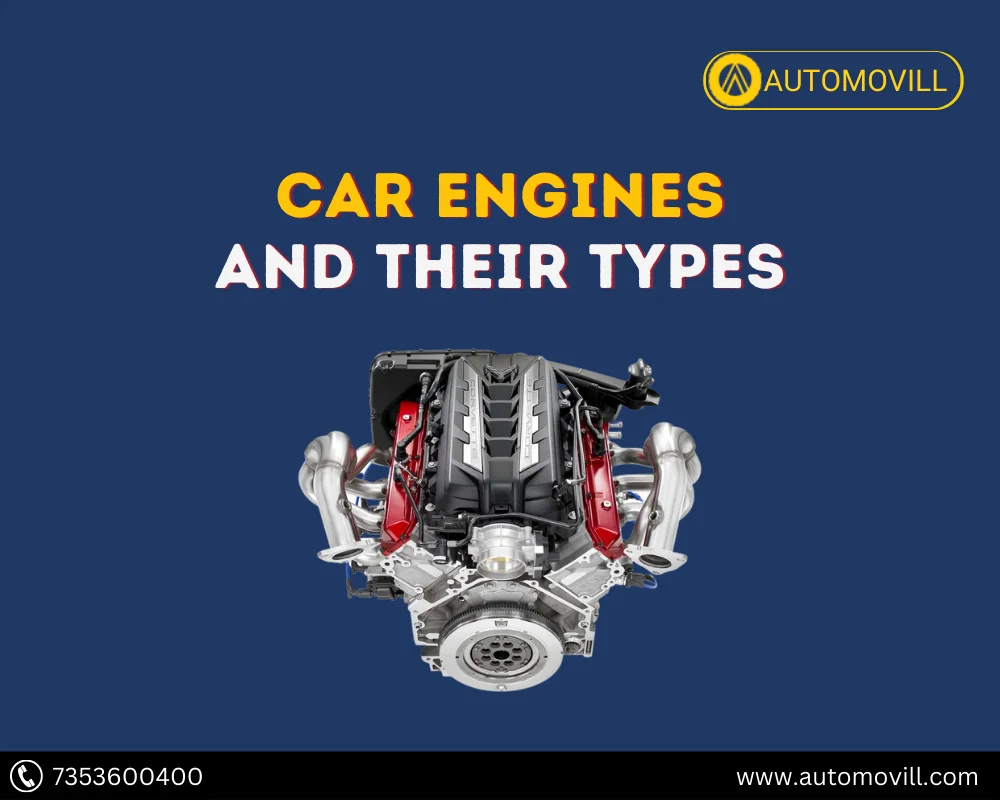
Car engines, also known as internal combustion engines, work by converting the chemical energy stored in fuel into mechanical energy that can be used to power the vehicle. Here’s a basic overview of how car engines work:
- Intake: The engine’s air intake system brings in air and mixes it with fuel to create a combustible mixture.
- Compression: The mixture is then compressed by the engine’s pistons, which squeeze it tightly into a smaller space. This raises the temperature and pressure of the mixture.
- Ignition: A spark plug ignites the compressed mixture, causing a small explosion that generates a burst of energy.
- Power Stroke: The explosion pushes the engine’s pistons down, which turns the crankshaft and generates power that can be used to move the car.
- Exhaust: After the power stroke, the burned gases are expelled from the engine through the exhaust system.
This process is repeated many times per second, with each piston moving up and down in its cylinder in a precise sequence. The movement of the pistons is controlled by a system of valves that open and close at specific times to let air and fuel into the combustion chamber and to let exhaust gases out.
The efficiency of a car engine is determined by several factors, including its size, the number of cylinders it has, and the fuel it uses. Larger engines with more cylinders generally produce more power, but they are also less fuel-efficient. Modern car engines are typically designed to be as efficient as possible, using advanced technologies like turbocharging, direct injection, and hybrid powertrains to maximize fuel economy and reduce emissions.
Different Types Of Car Engines
There are several types of car engines, each with its own advantages and disadvantages. Here are some of the most common types:
- Gasoline/Petrol Engine: Gasoline engines are the most common type of car engine. They use a spark ignition system to ignite a mixture of air and fuel in the combustion chamber, which generates power to move the car. Gasoline engines are relatively efficient and produce low levels of emissions, but they can be less powerful than other types of engines.
- Diesel Engine: Diesel engines use compression ignition instead of spark ignition to generate power. They compress air in the combustion chamber, which heats it up and ignites the diesel fuel. Diesel engines are more efficient than gasoline engines and produce more torque, but they can be louder and produce more emissions.
- Hybrid Engine: Hybrid engines combine a gasoline engine with an electric motor and a battery pack. The gasoline engine charges the battery pack, and the electric motor assists the gasoline engine when additional power is needed. Hybrid engines are more fuel-efficient than traditional gasoline engines and produce fewer emissions.
- Electric Engine: Electric engines use a battery pack and an electric motor to generate power. They produce zero emissions and can be very efficient, but they have a limited range and require access to charging infrastructure.
- Rotary Engine: Rotary engines use a unique design that features a triangular rotor instead of pistons. The rotor spins inside a housing, creating a combustion chamber that generates power. Rotary engines are compact and produce high levels of power, but they can be less reliable and more difficult to maintain than other types of engines.
- Wankel Engine: Wankel engines are a type of rotary engine that uses a unique design to generate power. They are similar to rotary engines, but they use a different shape for the rotor and housing. Wankel engines are compact and produce high levels of power, but they can be less efficient than other types of engines.
- Turbodiesel Engine: Turbodiesel engines are a type of diesel engine that uses a turbocharger to increase the amount of air that enters the combustion chamber. This increases the engine’s power output and improves its efficiency. Turbodiesel engines are often used in heavy-duty trucks and other vehicles that require a lot of power.
Each type of engine has its own unique characteristics and benefits. The choice of engine type will depend on factors such as the vehicle’s intended use, fuel efficiency, emissions regulations, and the driver’s preferences.
